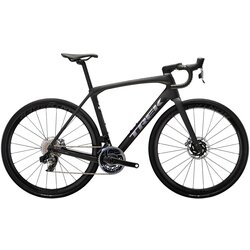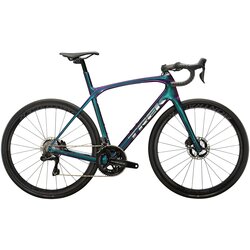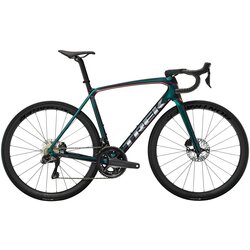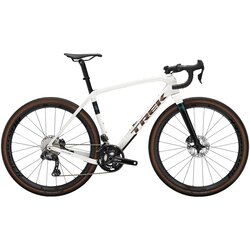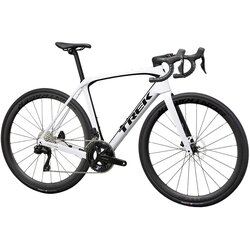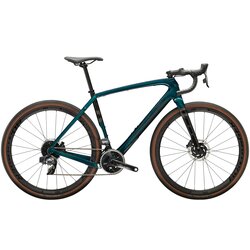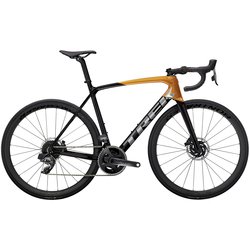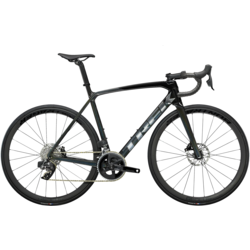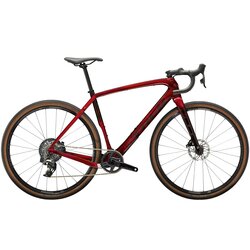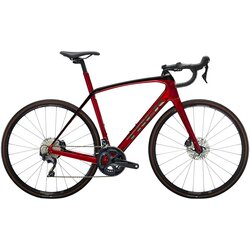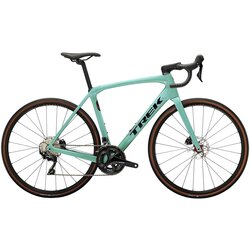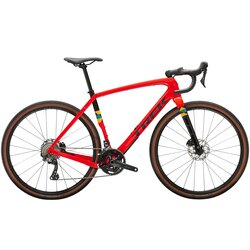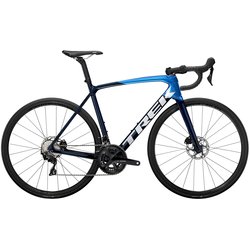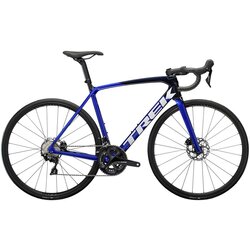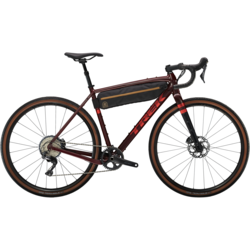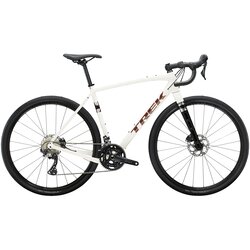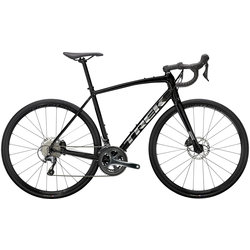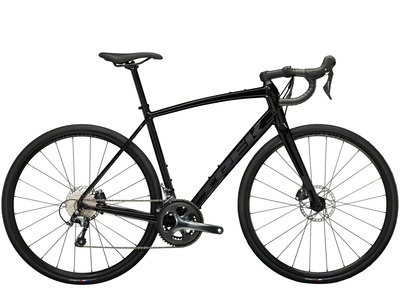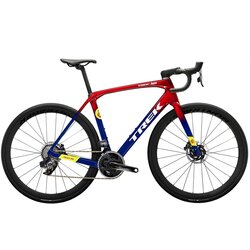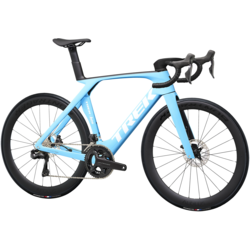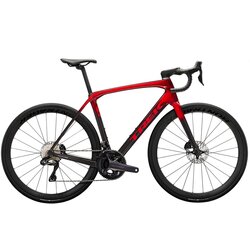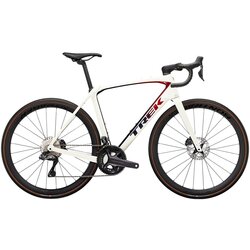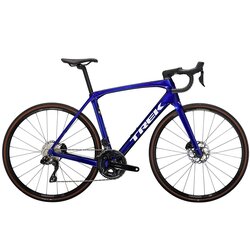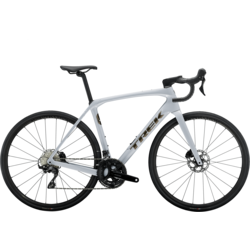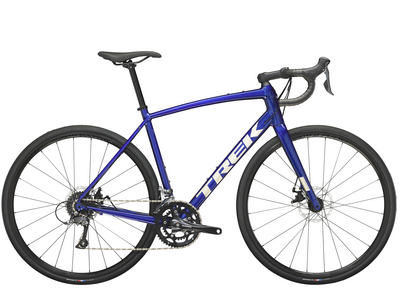 Flying down Col du Aspin in the French Pyrenees, a road where cyclists in the Tour de France routinely hit speeds above 50mph. Great example of a road that demands disc brakes? Not really. Interestingly, it's the slower descender who will find more use for them.
Flying down Col du Aspin in the French Pyrenees, a road where cyclists in the Tour de France routinely hit speeds above 50mph. Great example of a road that demands disc brakes? Not really. Interestingly, it's the slower descender who will find more use for them.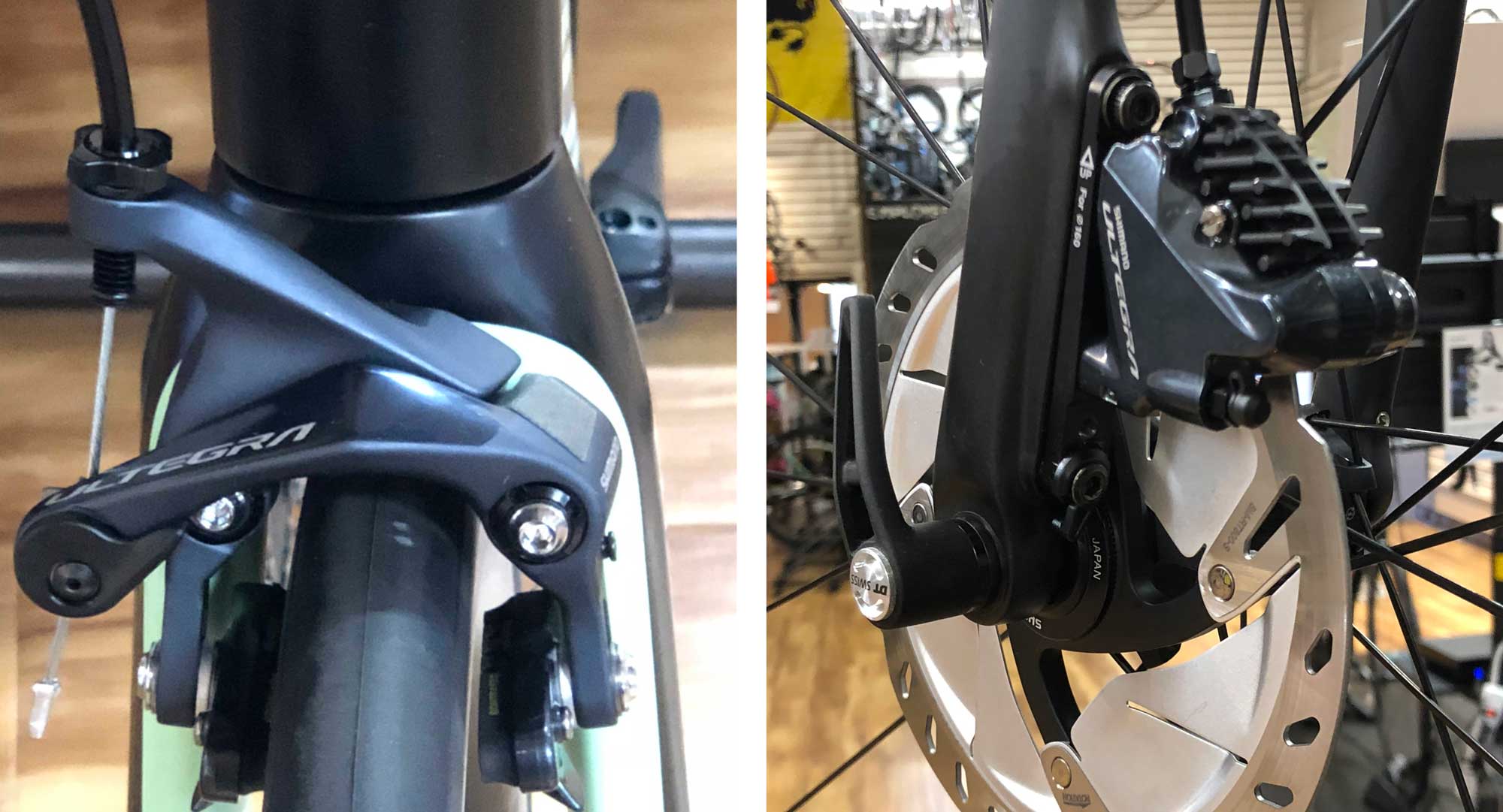 Disc brake road bikes- Who wouldn't want better brakes? Don't I want them on my next bike?
Disc brake road bikes- Who wouldn't want better brakes? Don't I want them on my next bike?
Advantages-
- Greater absolute stopping power
- Vastly-superior wet-weather braking and wheels don't wear out
- HBF (High Badness Factor)
- Lower maintenance (but see below; it's also higher maintenance!)
Disadvantages-
- Weight (1 to 1.5lbs heavier)
- Sacrifices to ride comfort when fork is beefed up for disc brake stresses
- Cost & compatiblity/component choices
- Higher maintenance (Very important to read this section!)
So it's not all good, it's not all bad, and one item, maintenance, ends up in both pro & con fields!
Let's look at the advantages first
Greater absolute stopping power. There is no question that a properly-adjusted and maintained disc brake not only has more stopping power than a rim brake, but potentially less fade as well. If there were no trade-offs, we'd all have disc brake bikes because of this. And yet, greater absolute stopping power is not as important as it seems. A rim brake can provide all the stopping power most anyone needs under most dry conditions, even on long, steep descents. If your bike's rim brakes aren't stopping you very well, there may be adjustment or ergonomic issues at play.
For people not comfortable descending at moderate speeds (they'll have the brakes on the entire way down the hill), a hydraulic brake system reduces fatigue, since it requires less pressure on the brake lever for a given amount of stopping force. So yes, it would be easier descending Jamison Creek in the Santa Cruz Mountains with disc brakes, because the road is so steep and so twisty you can never get much speed; you're on the brakes pretty hard most of the way down. But that 6 or 7 minutes of hand fatigue might come once every couple of years (and for sane people, maybe never), and you can always stop halfway down and take a rest.
The amazing roads in the Sierra Nevada? You don't find the continuous unbroken stupid-steep descents that might scare you to death because you need to pull on those brakes hard.
Wet weather. This goes hands-down to disc brakes, especially in the hills. Even though applying too much braking on wet roads can put you on the ground in a flash (and you can avoid this by choosing appropriate tires and not brake so suddenly and hard), you have infinitely more control with disc brakes because you don't have to wait for 2 or 3 seconds for the rims to get cleared of water and muck before the brakes even begin to work. This, at times, can be downright frightening, especially because, with a rim brake, there's a wide variable of time between when you apply the brakes and when they actually work. Disc brakes just seem to work, nearly instantly, wet or dry.
Another advantage to discs in wet weather is far better wheel life. Every time you use your brakes in the rain, on a rim brake, you're grinding away material, both the from brake pad and the rim. It takes very little time to literally grind a rim so thin that the tire pressure will cause the rim to explode outward. On a disc brake, you'll wear through brake pads, but without the potential nasty results of a weakened rim.
High Badness Factor. Disc brakes just look cool. Period. End of story. If their only disadvantage was cost, I'd have disc brakes on my bikes for this reason alone.
Maintenance. Disc brakes aren't dependent upon your rim being straight to work well, and if you ride in the rain, you'll find yourself replacing wheels less often. Still, disc or not, brake pads wear out much faster in wet weather than dry. Note that maintenance is going to show up in the "disadvantages" section as well. More shortly.
Now for the disadvantages-
Weight. On a lightweight road bike, people normally pay $1000, sometimes more, to get a bike that's 1.5 pounds lighter than another. Here we're talking about adding 1 to 1.5 pounds. If you find you're adding something truly functional, the weight might be worth it. But it's definitely something to consider, if your goal is to have a very light bike to tackle the hills with.
Ride comfort. How would a brake make a ride more, or less, comfortable? It's all about the front fork. On a disc brake bike, that front fork has to be substantially beefed up where the brake mounts. With a disc brake, that fork is doing a lot more work down on the lower section, and it's that lower section where most ride comfort comes from, because a rim-brake fork can be made to flex in this area. With a disc brake, there's not much flex due to the beefier constructruction required.
Cost. Disc brakes add between $100-$300 to the cost of an equivalent rim-brake model, partly due to their complexity, and partly due to compatibility issues (you may have to use more-expensive components that work with a disc brake compared to what a similar-performance non-disc bike might have). Realistically, this is the least-important disadvantage to a disc brake. If you would benefit from them, the extra cost will make your riding more enjoyable.
Higher maintenance. How did maintenance end up both as an advantage and disadvantage? Because while you may save a lot by not having to buy new wheels when the brake tracks are worn or the wheel slightly bent, there are higher costs associated with routine maintenance of disc brakes.
One of the biggest issues we've seen with disc brakes is a lack of understanding that the pads wear out more-quickly than regular brake pads, and if you run them to the point where there's metal-on-metal (scraping noises, pulsing), you will damage the rotor (disc) and possibly even the calipers. Damaging the calipers can get expensive!!!
The other issue comes with higher-end disc brakes (those requiring the least effort to stop) featuring hydraulics, not cables, for actuation. With hydraulic brakes, if air or other contaminants get into the system, it will stop working; sometimes without much warning. Bleeding them (getting rid of trapped air or replacing the fluid entirely) is a pain. In contrast, brake cables on normal bikes rarely wear out. Assume, if you get a high-end hydraulic disc brake system, that you're going to have both brakes bled every every two years or so. This is in addition to replacing worn out brake pads, which wear at about twice the rate of rubber rim-brake pads.
There are also "hybrid" disc brakes, which are cable-activated but with a hydraulic mechanism at the calipers (where the pads meet the disc). These have the advantage of lower maintenance (the hydraulic part is sealed, and the cable is very durable) and compatiblity with any standard road bike shift/brake lever. The disadvantage is increased lever force when braking (but still likely lower than a rim brake, and with better modulation).
